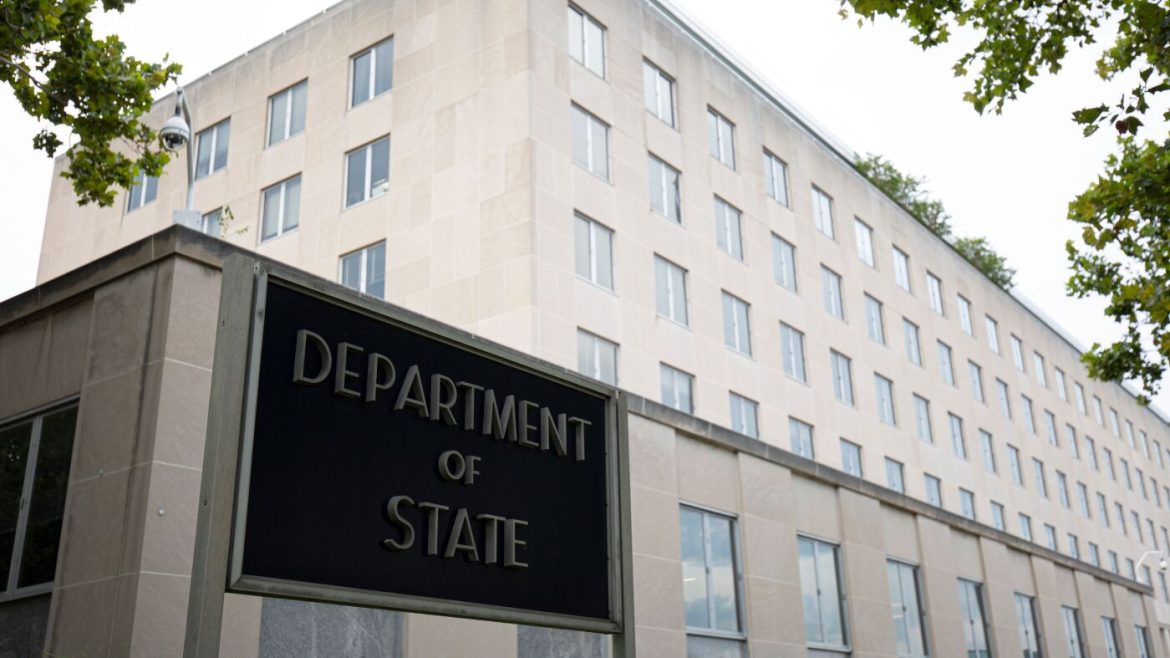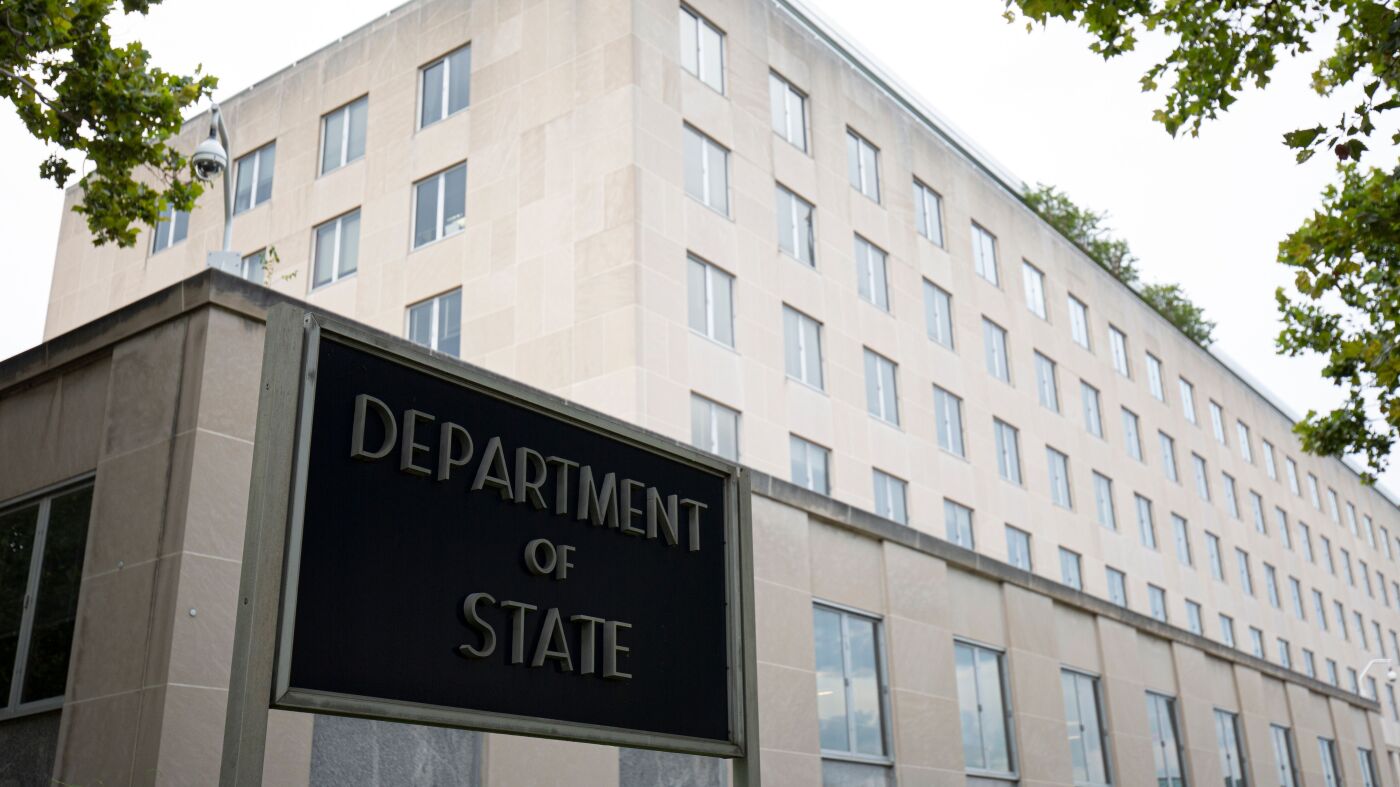Crisis in the Fulbright Program: A Board Resignation Unveiling Political Interference
The Fulbright Program, renowned worldwide for fostering international educational exchange and mutual understanding, has suddenly and dramatically been engulfed in controversy. The entire Fulbright Foreign Scholarship Board, responsible for overseeing the program’s selection and administration, resigned en masse, citing unprecedented political interference by members of the Trump administration. This upheaval marks a significant event in the history of this prestigious scholarship, raising serious questions about the integrity of its selection process and the influence of political agendas on academic and cultural diplomacy.
Background: The Role and Importance of the Fulbright Board
The Fulbright Program, administered by the U.S. State Department, annually grants scholarships facilitating study, research, and cultural exchange across borders. Its governing body, the 12-member Fulbright Foreign Scholarship Board, traditionally operates with a great degree of independence, entrusted with selecting recipients based on merit and potential. The Board’s role is crucial not only to ensure fairness but also to maintain the program’s reputation as a trusted channel for cultural diplomacy and international collaboration.
The Mass Resignation: Allegations of Political Interference
On a recent Wednesday, 11 of the 12 Board members resigned, with the twelfth member reportedly remaining but increasingly marginalized. Their joint resignation was a protest against actions by the Trump administration, which the Board characterized as “unprecedented” and “impermissible under the law.” Central to their grievance was the administration’s denial of Fulbright awards to approximately 200 scholars who had already been selected through the Board’s rigorous vetting process for the 2025-2026 academic year.
The Board alleged that the administration not only rescinded these awards but also subjected around 1,200 foreign Fulbright recipients to ongoing scrutiny and obstacles, undermining the program’s foundational goals. In effect, the administration was accused of “usurping the authority of the Board,” inserting political judgment where the Board had previously wielded autonomous decision-making power.
Political Accusations and Reactions
The Trump administration and a senior State Department official responded by accusing the Board members of being partisan political appointees aligned with the previous administration, framing their resignations as a political gesture rather than legitimate governance concerns. This defensive posture deepened the divide, casting the conflict as a symptom of broader struggles over administrative control and ideological influence within U.S. foreign institutions.
Furthermore, the controversy was compounded by reports that Fulbright cancellations and investigations targeted entities such as Harvard’s engagements with blacklisted Chinese officials, suggesting that political security considerations increasingly influenced scholarship decisions in a manner perceived as inconsistent with the program’s educational mission.
Consequences for the Fulbright Program’s Integrity
The Fulbright Program’s stature as a symbol of impartial meritocracy and cultural exchange risks severe damage if political interference remains unaddressed. Selection cancellations and board resignations signal a departure from long-established procedures that guaranteed fairness, transparency, and academic freedom. Such changes jeopardize the trust of applicants, partner institutions worldwide, and the international community who have long regarded the program as a reliable, nonpartisan platform for scholarship and dialogue.
Moreover, the disruption affects about 1,200 current and prospective recipients whose Fulbright awards and programs have been subjected to uncertainty and delay. For these individuals, Fulbright scholarships are not just grants—they represent transformative opportunities for research, career growth, and building lasting diplomatic bridges.
Broader Implications for U.S. Educational and Cultural Diplomacy
This dramatic episode serves as a cautionary tale about the risks of politicizing globally respected academic programs. When political agendas overshadow merit-based selections, the broader mission of fostering mutual understanding and goodwill suffers. The U.S. risks projecting an image of restriction and control rather than openness, potentially diminishing its soft power and attractiveness as a destination for international learners and scholars.
Additionally, the resignations raise critical questions about governance safeguards within federal scholarship programs. The need for mechanisms that shield such boards from unwarranted political pressures becomes apparent, ensuring that public trust and institutional autonomy are preserved.
Conclusion: A Turning Point for the Fulbright Program
The mass resignation of the Fulbright Foreign Scholarship Board reveals a profound crisis rooted in political interference within a program that epitomizes global educational collaboration. This incident underscores the fragility of institutions when confronted with overt political manipulation and the consequences for those who rely on them.
Restoring the Fulbright Program’s reputation and operational integrity will require transparent investigation, renewed commitments to nonpartisan governance, and safeguarding the selection process from political encroachment. The resignations stand as a stark reminder that the preservation of academic freedom and fair process is vital not only for individual scholars but also for the broader ideals of international understanding and diplomacy that Fulbright has championed for decades.


